Liberia’s far-flung, rural regions are beset by serious challenges. After a 14-year civil war that killed 250,000 people, not only was the health care system devastated and most hospitals and clinics destroyed, but it is often overlooked that over 70% of Liberia is rural where basic facilities for, and access to technologies are severely lacking. Communication, for example, faces many obstacles:
• Cell phone coverage range is unpredictable – “no service” is a frequent message on the screen.
• The person you had been trying to reach by phone later explains “I am finished” – he has no more minutes on his SIM card.
• There is no newspaper to be seen in rural areas – if one did arrive, the news would be more than a few days old.
• Many people are non-literate.
• Radios are unaffordable…and if a family were to obtain a radio, there are no radio stations in “range”.
• Computer? Email? Internet? – “No, we don’t have those.”
This past week we waited for four days to establish contact with Elijah, our World Renew Project Coordinator, who is ‘out there’, somewhere.
In the midst of this difficult situation, Liberia’s community health workers have become a vital source of primary care and information for villagers who otherwise might have to walk for days to seek treatment.
Eric Bumbo is a community health nurse in a “hard-to-reach” county called Grand Kru. He has two “homes.” One is in Monrovia where he comes once each month for a few days of in-depth training and to visit his wife and son. The other is in Grand Kru. Although only 600 km apart, due to road conditions it takes two very, very long days to travel between the two homes. Many of the communities in Grand Kru are inaccessible by road. It is Eric’s challenge to transmit important health messages to these isolated communities. He works within these rural communities and has been given the responsibility of teaching and promoting health care on a large variety of issues. How is it possible for one person to do this successfully? We had a good discussion with Eric and learned how he accomplishes this massive mission.
A system has been developed whereby each community chooses one or two people to take on a front-line health care role. They are called general Community Health Volunteers (gCHVs). It is considered an honour to be chosen and indicates a strong respect and trust for this person. Along with a strong sense of commitment, the qualifications for this position are that the gCHV must be able to read and write English and be able to converse in the language of the local community. Eric, as the community health nurse, works through these volunteers to get health messages out to all of these isolated communities. CHAL effectively ‘piggy backs’ on to this system as they implement various projects.
The job of the gCHVs is to do health training. To do this they travel mostly on foot, teaching from community to community, from family to family and from person to person. During the Ebola season their emphasis has been on infection and prevention control (IPC), teaching people that Ebola is real and dangerous. To people who previously refused to do hand washing, the gCHVs stressed the importance of doing so with soap or chlorine and if these were not available, with ashes. They discouraged touch in general and even indirect touch through clothing.
If anyone showed signs of a fever, vomiting, diarrhea or a headache (Ebola symptoms), their family was instructed to contact the local leader immediately, and if possible, to ‘dial 4455 quick-quick’. While waiting for the ambulance, car, or “hammock” (stretcher”), the gCHVs would administer oral rehydration salts, encourage plenty of fluids and give some medication (if available) to fight the fever without ever touching the person.
Part of their teaching was to explain to family members how they could safely care for the person in their home until help arrived. The gCHVs distributed flyers, when available, to help explain Ebola prevention methods and for the people to keep as a visible reminder.
Another subject that the gCHVs are knowledgeable about is malaria prevention and its treatment. One NGO has a project affecting a large part of Liberia in which mosquito nets (three per household) are distributed along with careful instructions: “Don’t put the net in the sun or the mosquito repellant it has been sprayed with will dissolve.” “Malaria is especially dangerous for small children and pregnant women.” “Use your nets every night on every bed, tuck them in carefully and mend any holes that appear.” “Don’t sell your net and don’t use it for fishing”!
To help treat general fevers the gCHVs give out oral rehydration salts or paracetamol and encourage sponge baths. If this is not effective, they refer the patient to the nearest clinic. There is a good chance that he/she has malaria, a very prevalent disease here in Liberia that needs to be treated with anti-malarial medication.
Trained (on the job) Traditional Midwives (TTM) continue to be prevalent in these communities. gCHVs encourage all pregnant women to get full prenatal care, deliver their babies in the nearest clinic and receive postnatal care, all from a Certified Midwife (CM). If there are complications they are sent from the clinic to a health center where there is a Physician’s Assistant (PA). Some clinics have a very basic maternity waiting home so women can stay there for the week leading up to their deliveries. This is to help prevent the spontaneous births that take place on the long walk to the clinic. However, many prefer to stay home and use the TTMs for their births.
The maternal/child mortality rate is very high in Liberia. The maternal death rate is 994 in 100,000 deliveries. Thirty five percent of women/girls have their first babies between 14 and 18 years of age (45% in rural areas). By the ages of 20 – 24, 85% of Liberian women will have had a child. In every 1,000 births, 71 newborns will not live. One in nine children will die before their fifth birthday!
To combat these statistics, gCHVs are trained to teach better peri-natal standards (called “Safe Motherhood” here), to stress the importance of taking babies and children for the recommended vaccines and to share the best practices for sanitation, hygiene and safe drinking water. What a huge job and what great responsibility they have!
Watch some of these dauntless gCHVs at work spreading health messages.


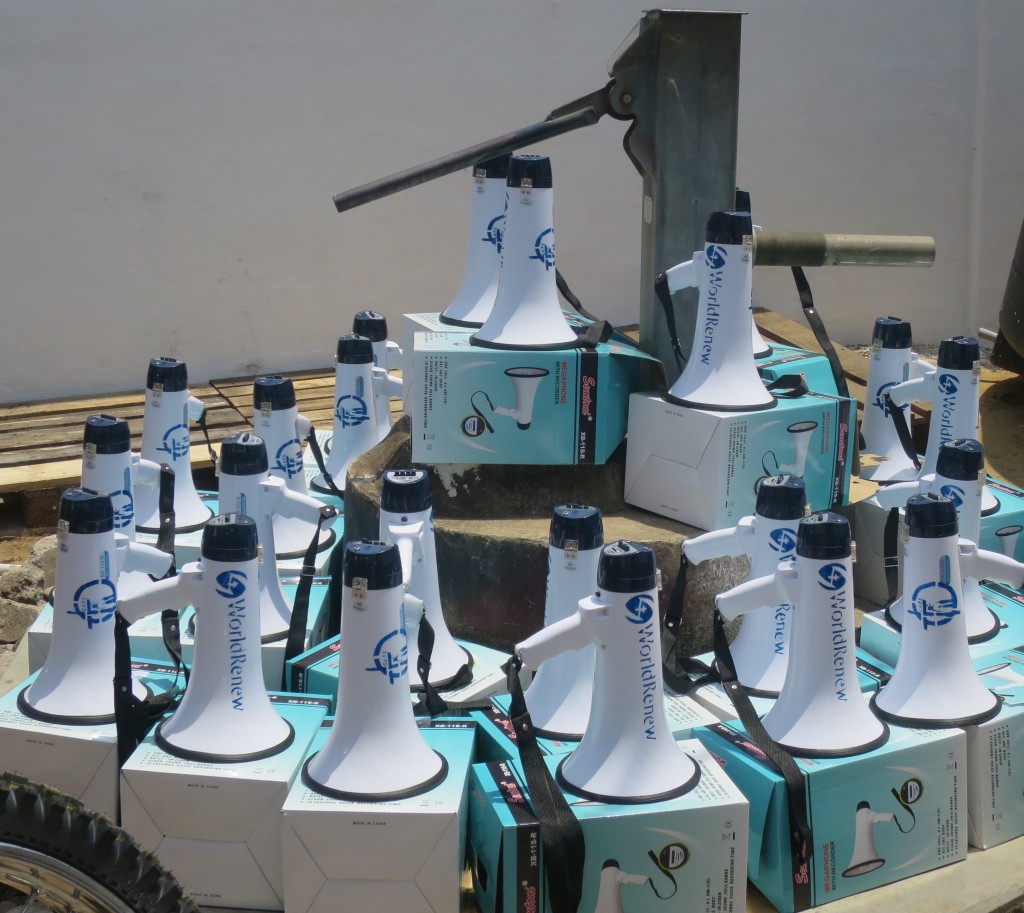
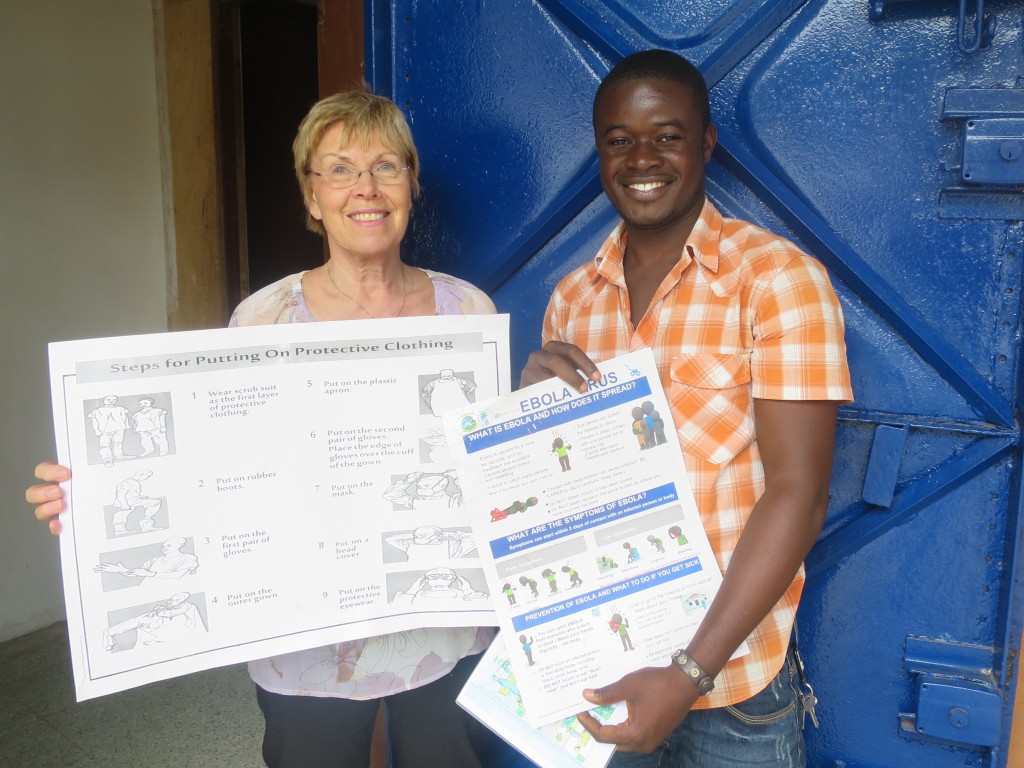
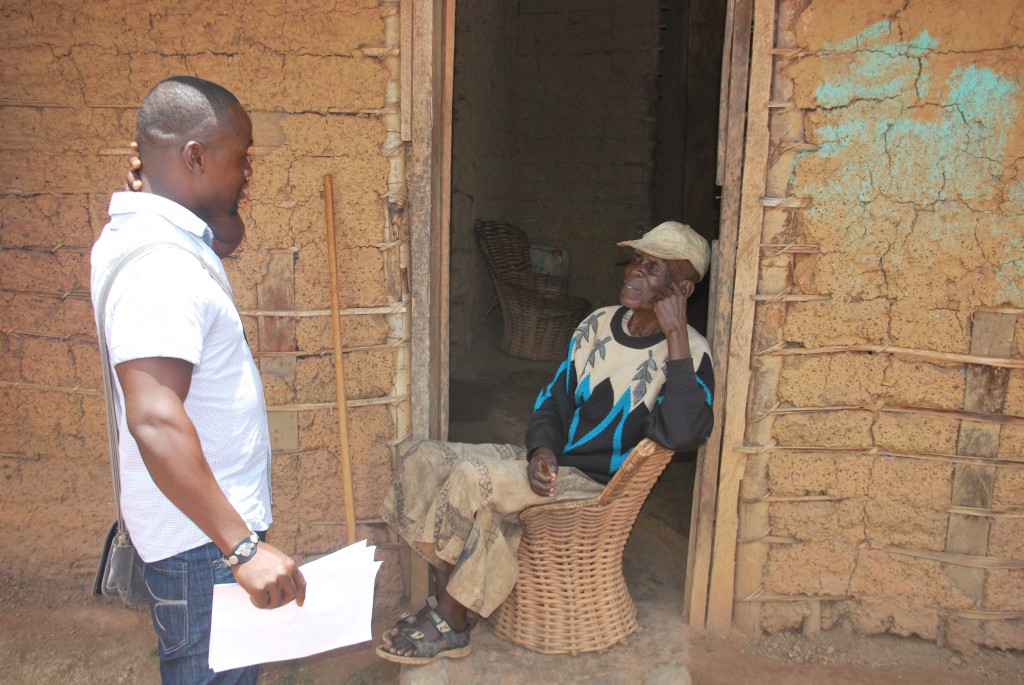
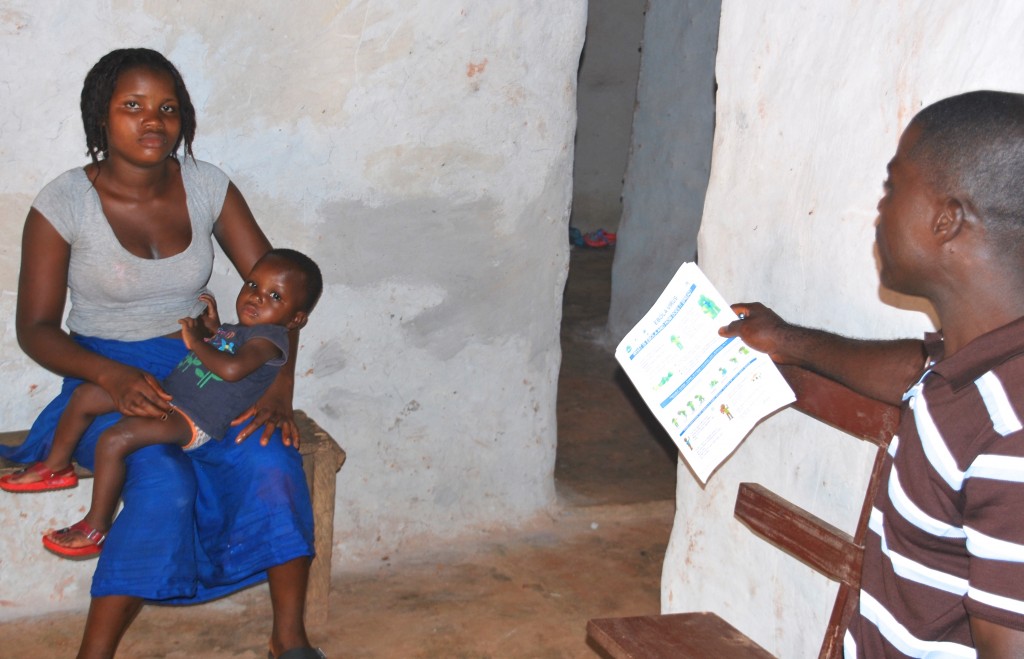
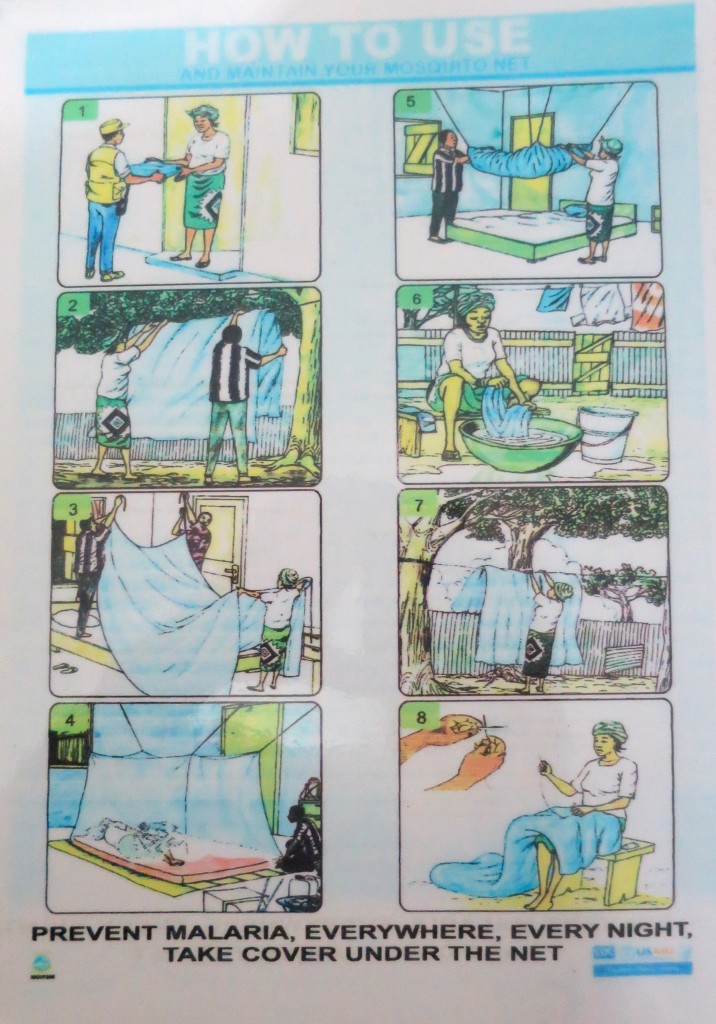
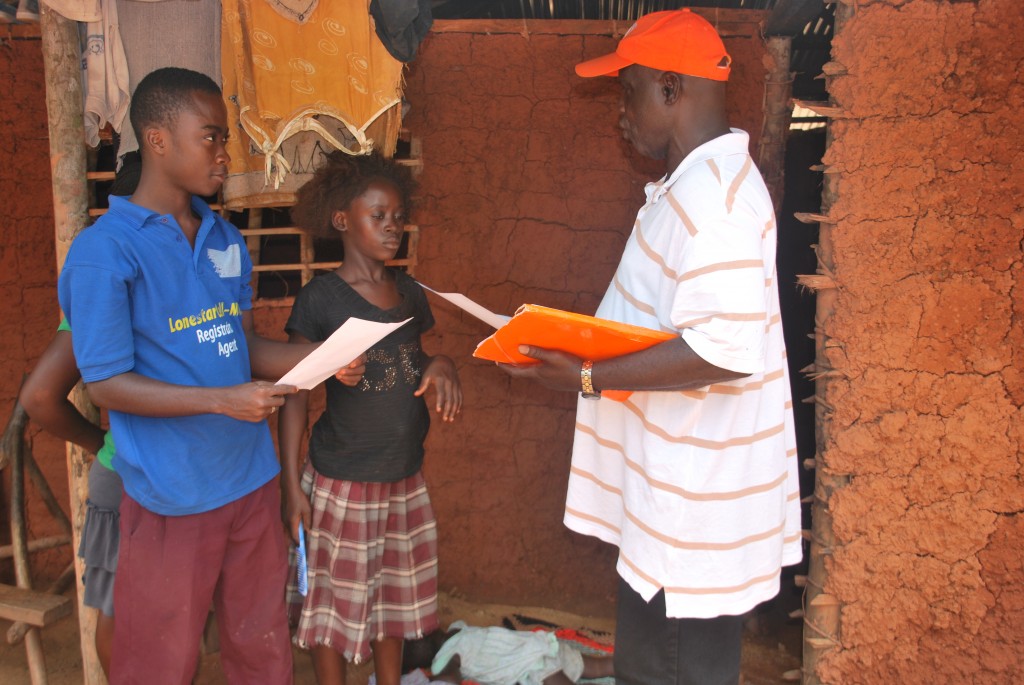
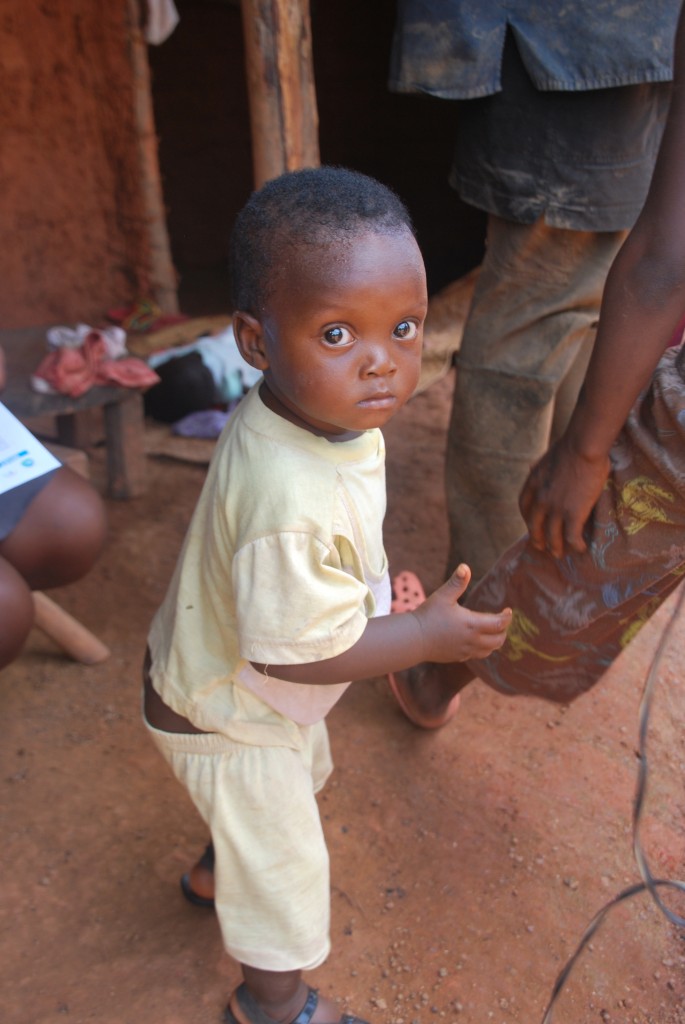
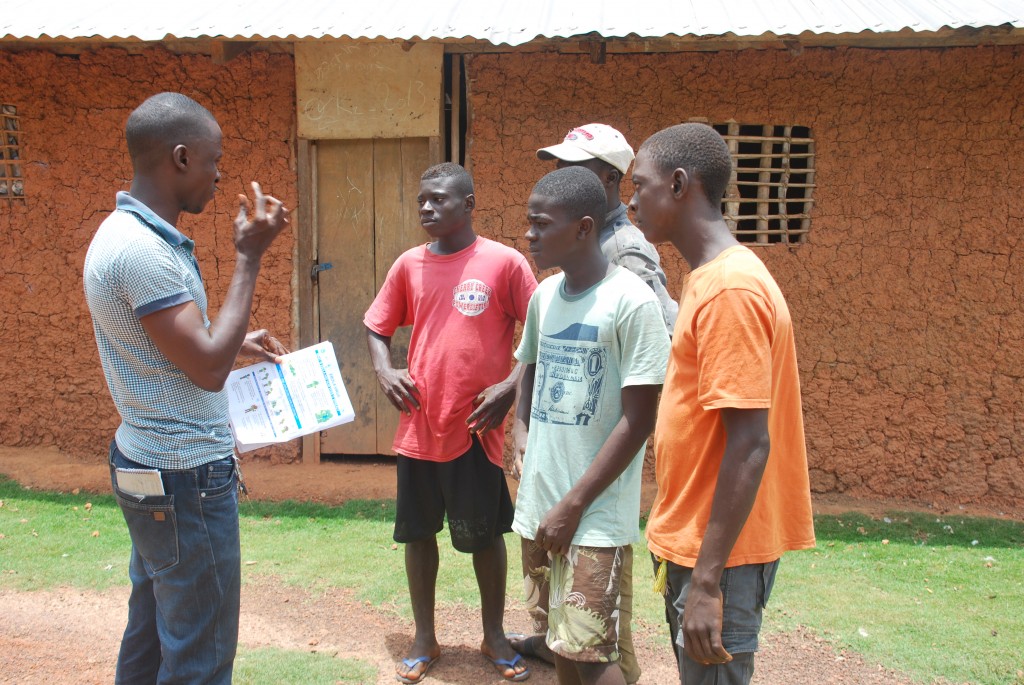
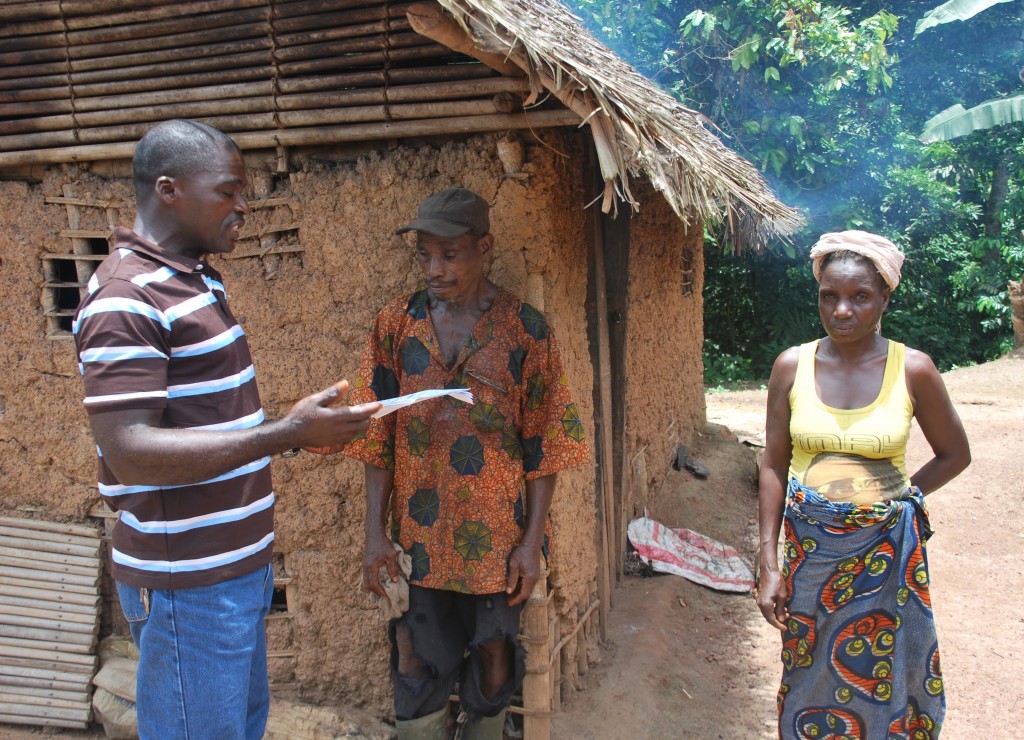
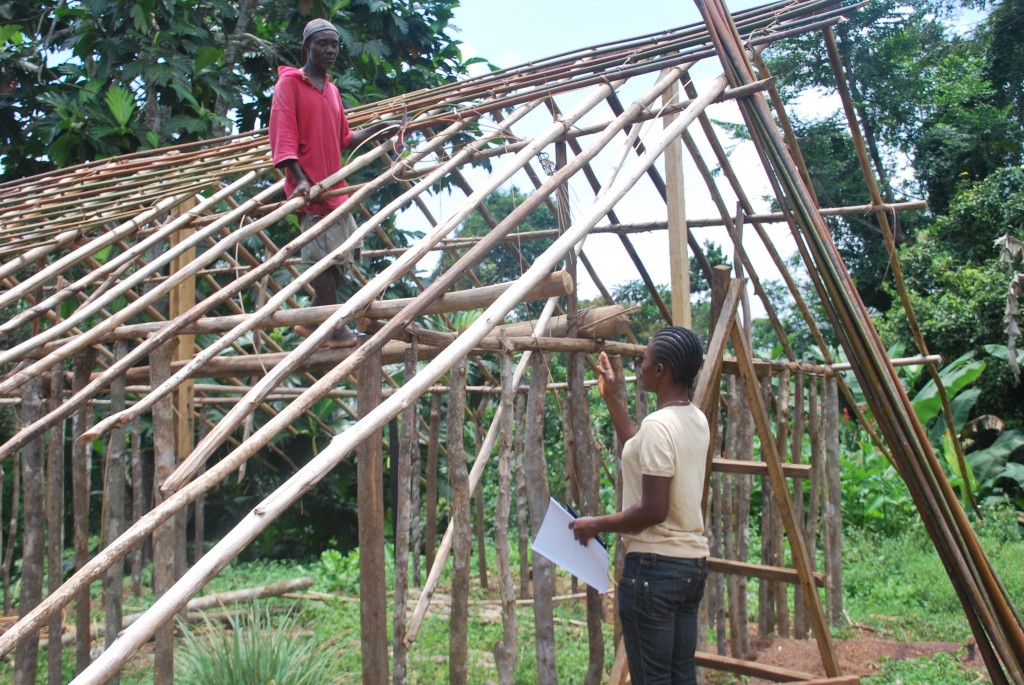
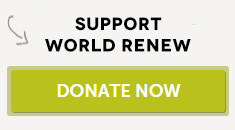
Oh my…what an unbelievable task. So hard for us to image. Thank you again for the update We continue praying for you..the work that you do…the people you meet . For your health and well being. Love to both of you. Jane
Hi Harry and Annie, thanks so much for everything you are doing in Liberia! I continue to pray that the Lord gives you strength for everything He has given you to do, and compassion for each person you meet.
Great challenges and as mentioned in another comment above, so hard to image. Love reading your updates, beautiful pictures! Take care xox
I can’t imagine having to travel those long distances, spending many nights away from my family, doing that work! Praise God for the Community Health Nurses and the willingness of these gCHV’s to the people of Liberia. Without them a whole nation could have been wiped out by Ebola! Thank you for your blog and inviting us into these situations so we can learn more!
Such generous and costly service makes me remember, too, Hannah’s midwife teachings and work throughout Asia and Afghanistan and other East European countries.
Giants of God, who bring life to their community, marketplace ministers using their talents and training to advance the kingdom and bring transformation.
It takes so much, they have so little and yet they move along so faithfully and do not give up.
A nation can be changed.
Hi Harry and Annie
Here we live in comfortable surroundings, turn on the tap for water, jump into our cars to go shopping etc. It is hard for us to even fathom what is going on over there. Praise God that He has put the CALL into your hearts and many others. You are very courageous people and I will continue to pray for good health, safety and strength.
With much respect
Blessings and love Ann McInall
You guys continue to amaze — such challenges you take on, so willingly and whole-heartedly! We so look forward to seeing you back home again, and seeing and hearing more of your adventures!
Love, Nancy (and Sophia)
I’ve enjoyed each of your posts…the unsung heroes in the background will get their reward.”Well done good and faithful servant”.And thank you from all of us for going to be the hands and feet of Jesus.I’m just recovering from a month of bronchitis and hope to be in action soon. This has been a bad winter, but the snow drops are peeking up! The robins are on their way, and you will soon be back to continue your fine work from this side of the world. We have missed you. Lots of love, John and Jane
Again, Harry & Annie, thank you so much for a great update that demonstrates the huge uphill battle that the gCHV’s face in the rural areas on an ongoing basis!